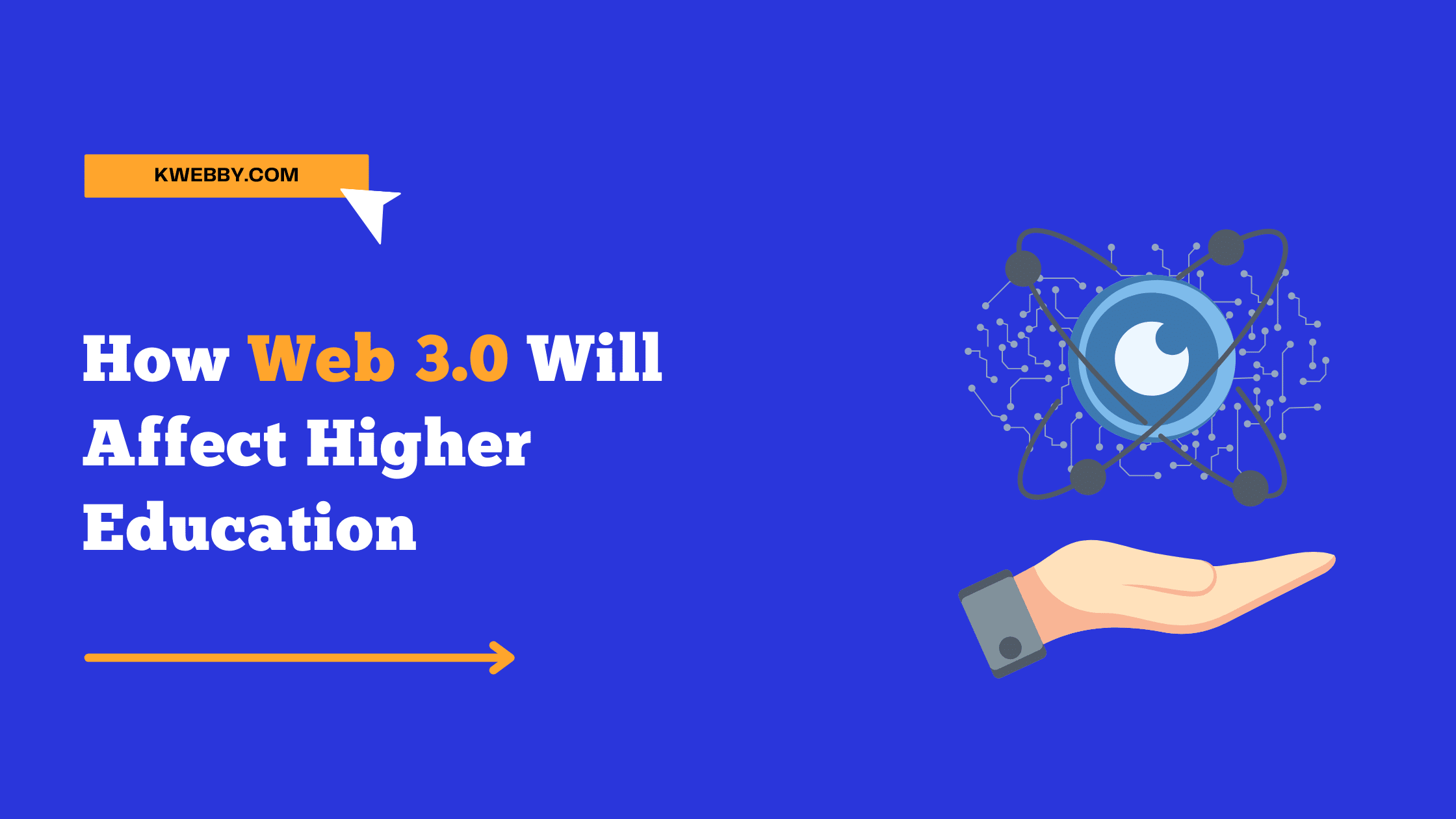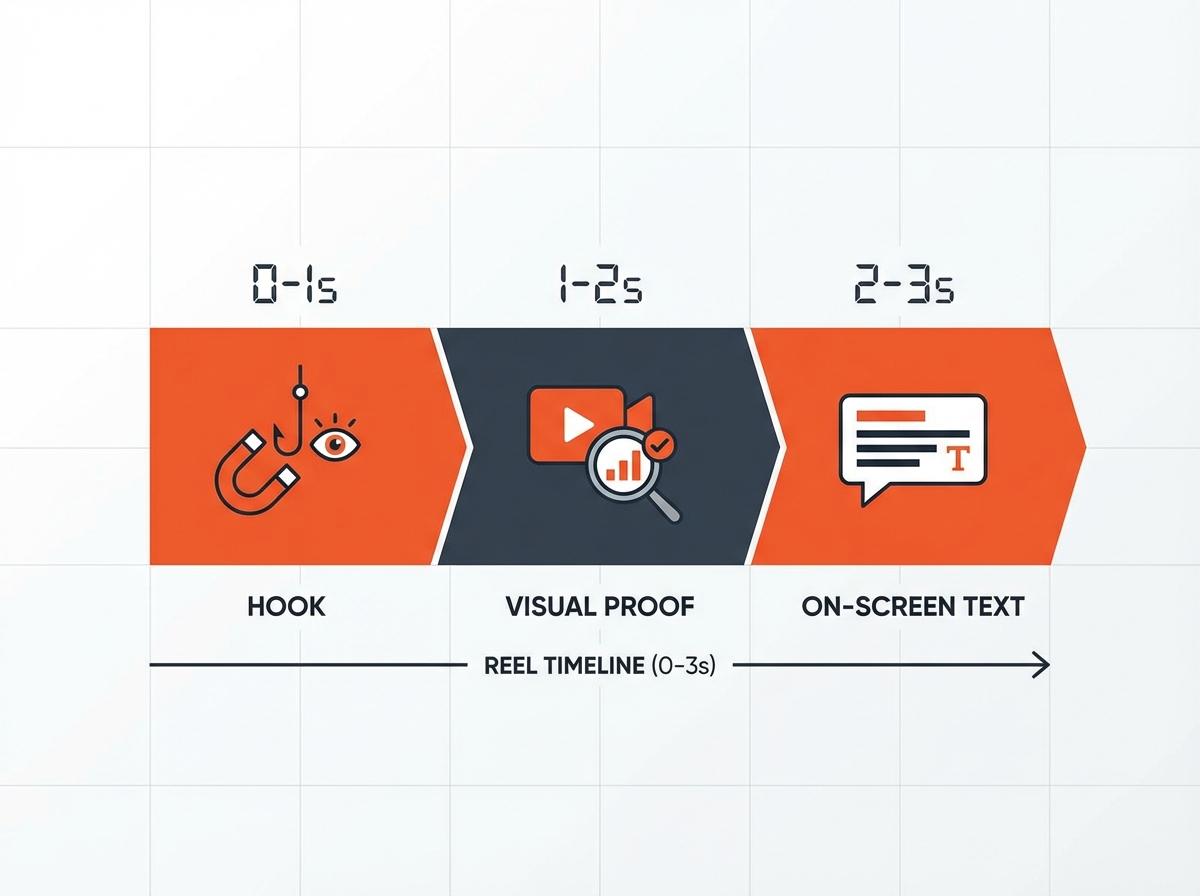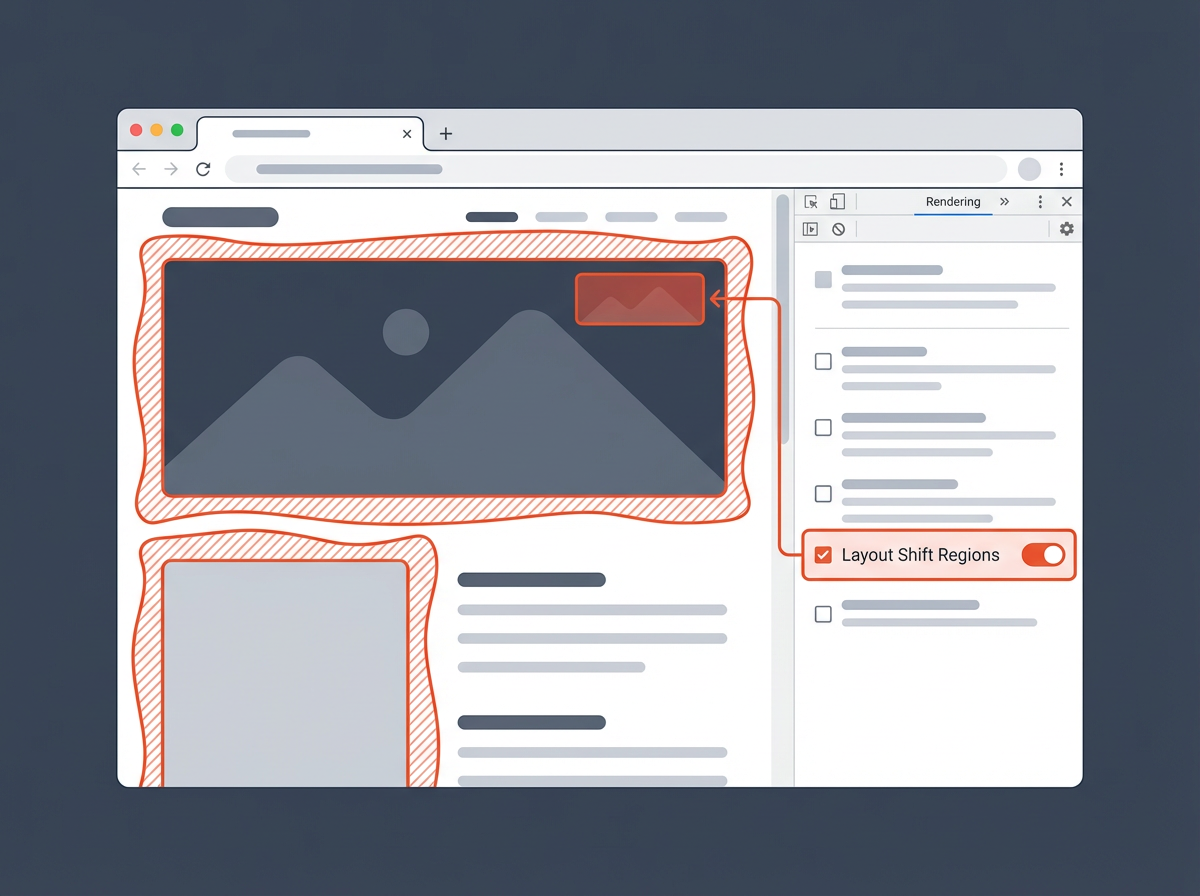Web 3.0 looms in the future, and with it comes new revelations in the way people interact on the Internet. It will affect every aspect of life, even education.
Web 3.0, also known as the Semantic Web or Web of Data, describes the evolution of the World Wide Web towards an infrastructure that makes data available in a decentralized fashion.
Also Read, 5 Ways Web 3.0 Will Affect Advertising
The aim of Web 3.0 is to create a fully interactive and intelligent environment using Semantic Web technology with the help of AI (artificial intelligence).
The aim is to provide better functionality than what is available on the internet and provide information more suited to people’s needs and interests.
As you might expect, it will affect all aspects of life, including higher education. Here are some ways it could do that.
Web 3.0 Will Be Multilingual

Multilingualism is the ability to speak and understand multiple languages. Web 3.0 will be multilingual, which means it will use what are called ‘semantic systems’ to gather information and make connections across many websites and platforms.
When used in education, these systems would allow people all over the world to access relevant data using their own language as a starting point. This means materials would be available in more than just English — potentially in every language.
This is an important issue because only 20% of the world’s population is fluent in English (the most widely spoken language). Speaking of reading multiple languages increases job prospects by 6%. It also makes people more creative problem solvers.
However, it also presents challenges. Governments would have to provide more resources for learning different languages, and there may be issues with reliability across translations once they no longer rely on human translators.
Web 3.0 Is Responsive

You’ve undoubtedly seen the web design change over the last ten or so years. Where once websites were static, now they are dynamic and responsive.
Responsive web design means a website is aware of how it is displayed and can adapt its layout to fit the display (or “respond” to the display).
For example, if you visit a site on your computer (which has a large screen) and then check the same site on your phone (which has a small screen), the site will probably look different because it responds to how it’s displayed.
In this way, websites become more convenient for their users by better using space.
In much the same way, Web 3.0 will be responsive — but in ways that go beyond changing layouts to fit different screens sizes. For instance, Web 3.0 will be able to detect whether you’re using your mobile device or desktop computer and display content accordingly (such as images optimized for viewing on smaller screens).
Additionally, Web 3.0 can detect where you are and serve up content relevant to your location (such as local weather reports or event listings). This will make learning easier across multiple devices.
Web 3.0 is Personalized
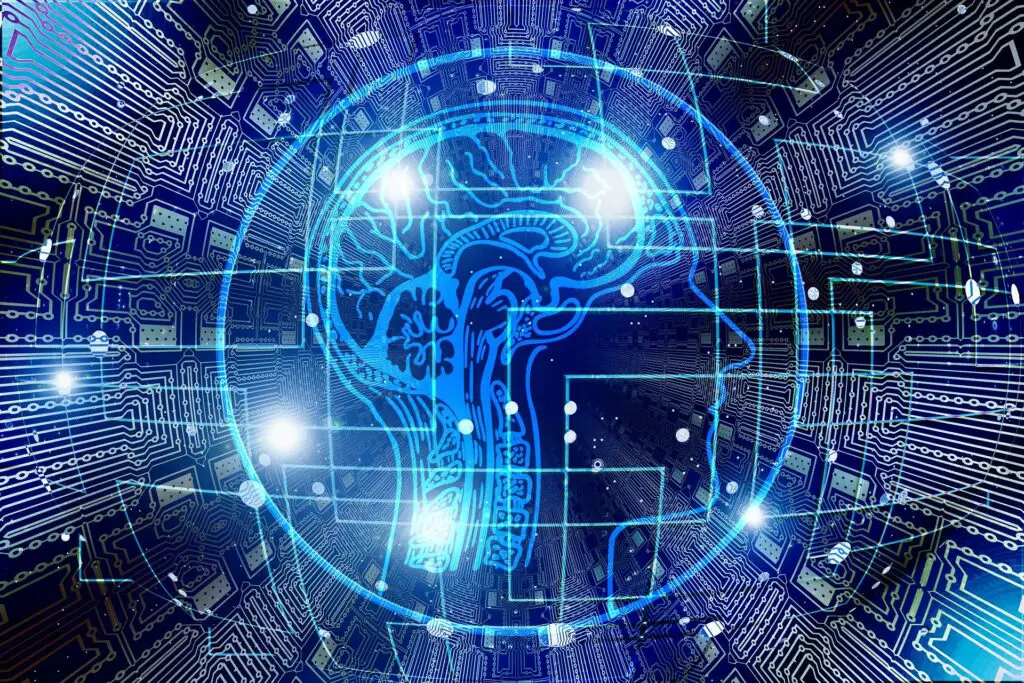
Web 3.0 will be personalized, meaning it will know more about you and provide information tailored to your needs. Web 3.0 won’t be like today’s search engines, where keyword-based searches produce a list of results with no order or context.
Let’s say you’re looking at a Wikipedia page on the history of higher education. Today, you may see “Related Articles” links to other history topics, such as Ancient Rome or Civil Rights in the United States, but they would not be based on your personal interests or location.
With Web 3.0 technology, you might see related article links on the history of higher education in Texas, because that is where you live and go to school (and because your phone knows this). You’ll get data and information that’s more relevant to you and your educational needs.
Web 3.0 Is Social
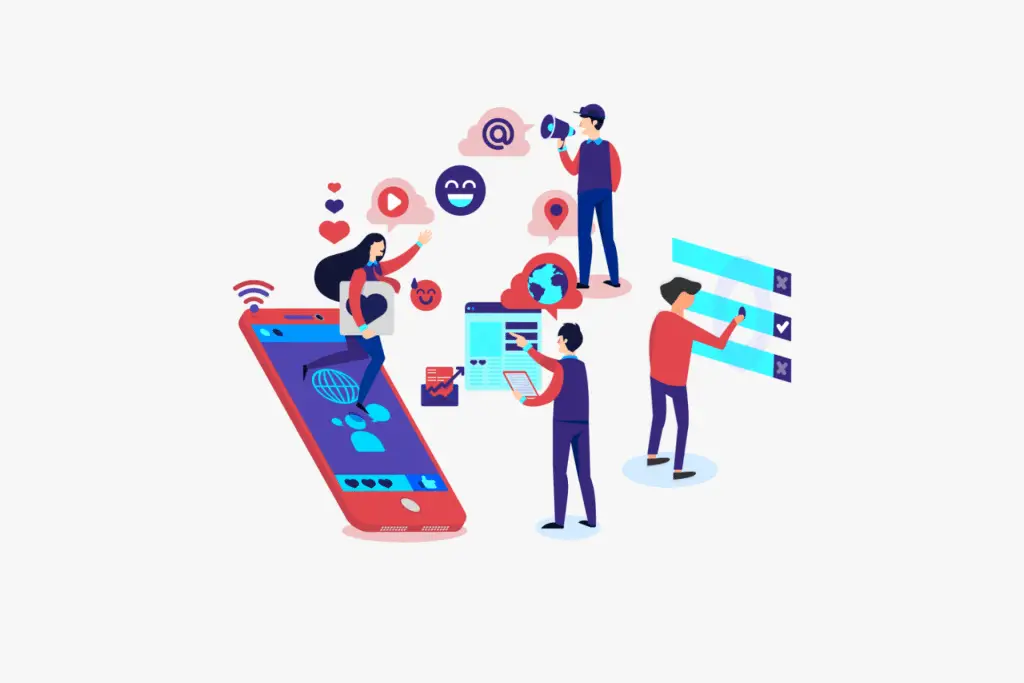
The evolution of the web has brought us to a point where social media is king and the computing experience is highly collaborative. Web 3.0 will take these developments even further, allowing for:
• User-generated content
• Social search and discovery
• Sharing and collaboration
• Social learning
• Social curation
• Social networking
This means users will have more control over their digital information. That’s important considering that some of this information relates to your education, career path, or professional development.
Web 3.0 is Predictive

You’re familiar with the web 2.0 world, where you need to manually search for whatever content you were looking for. Web 3.0 will be different: it will use data on your personal preferences to automatically generate the content you want and need.
AI algorithms are already being used to predict which videos, articles, and tweets users like best so that they can see these items first when they log on. And “bots” have become increasingly accurate at predicting what customers need.
This trend toward predictive, proactive technology is changing how people use all kinds of devices, including those in higher education institutions.
Also Read, 5 Ways Web 3.0 Will Affect Business
The Bottom Line
Web 3.0 will have major implications for higher education when it arrives in the next few years. It looks like Web 3.0 has the potential to transform higher education and it will be exciting to see how current and future technologies will affect this sector. While no one knows how correctly predictions will play out, we can be certain that higher education is entering an age of technological reckoning.
Test your knowledge
Take a quick 5-question quiz based on this page.

